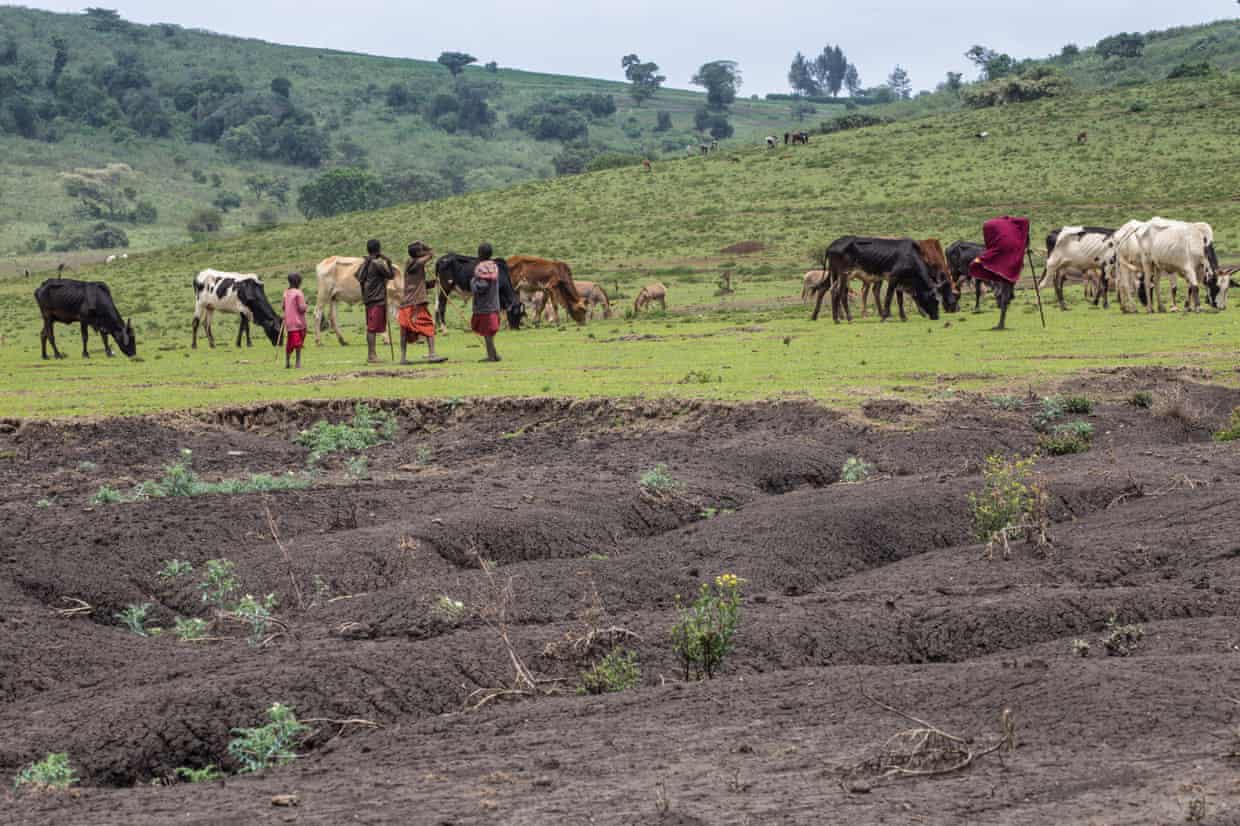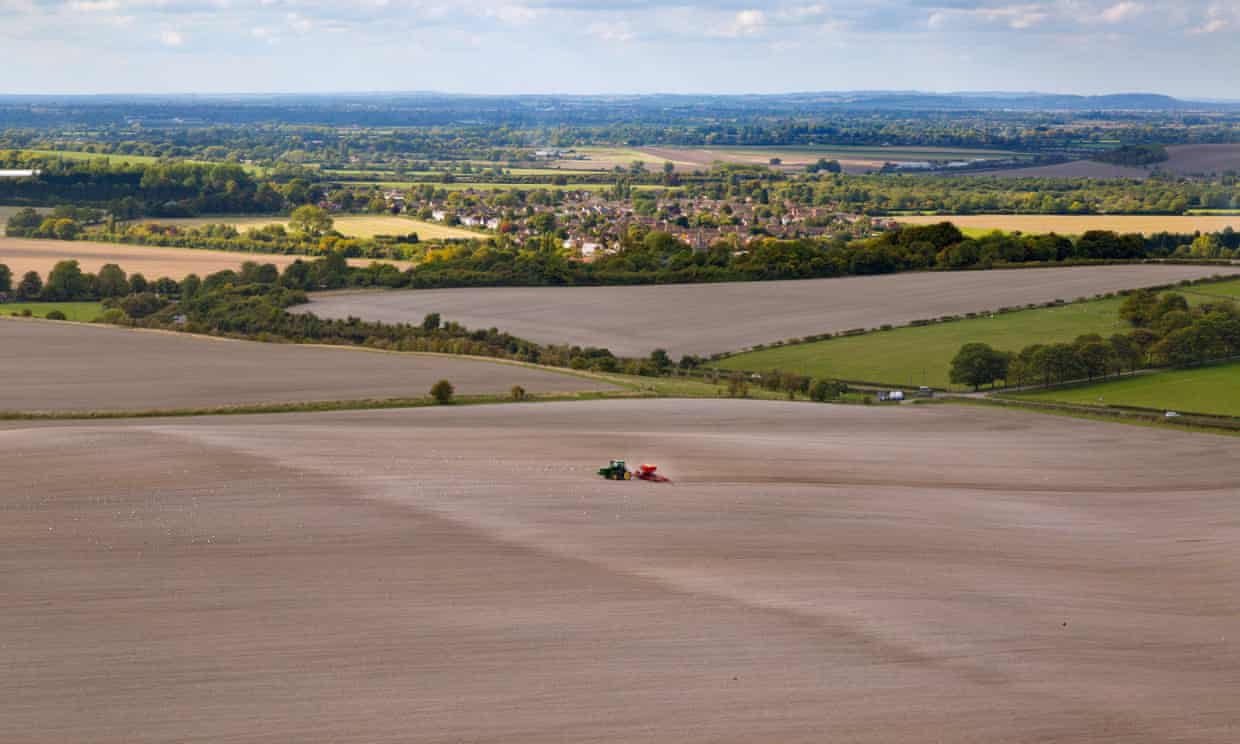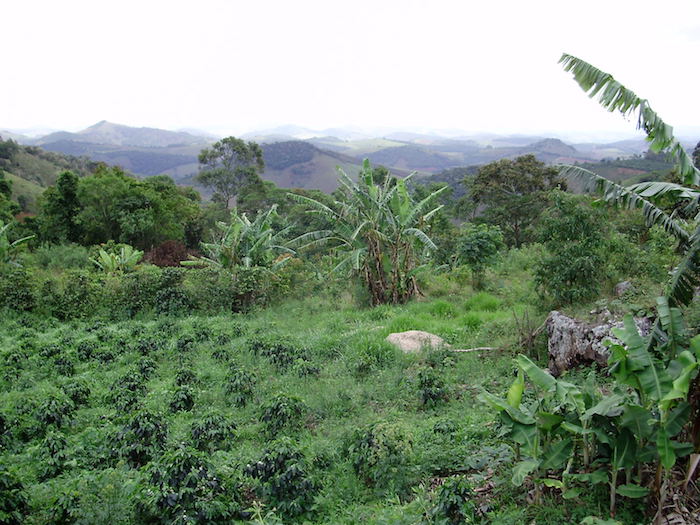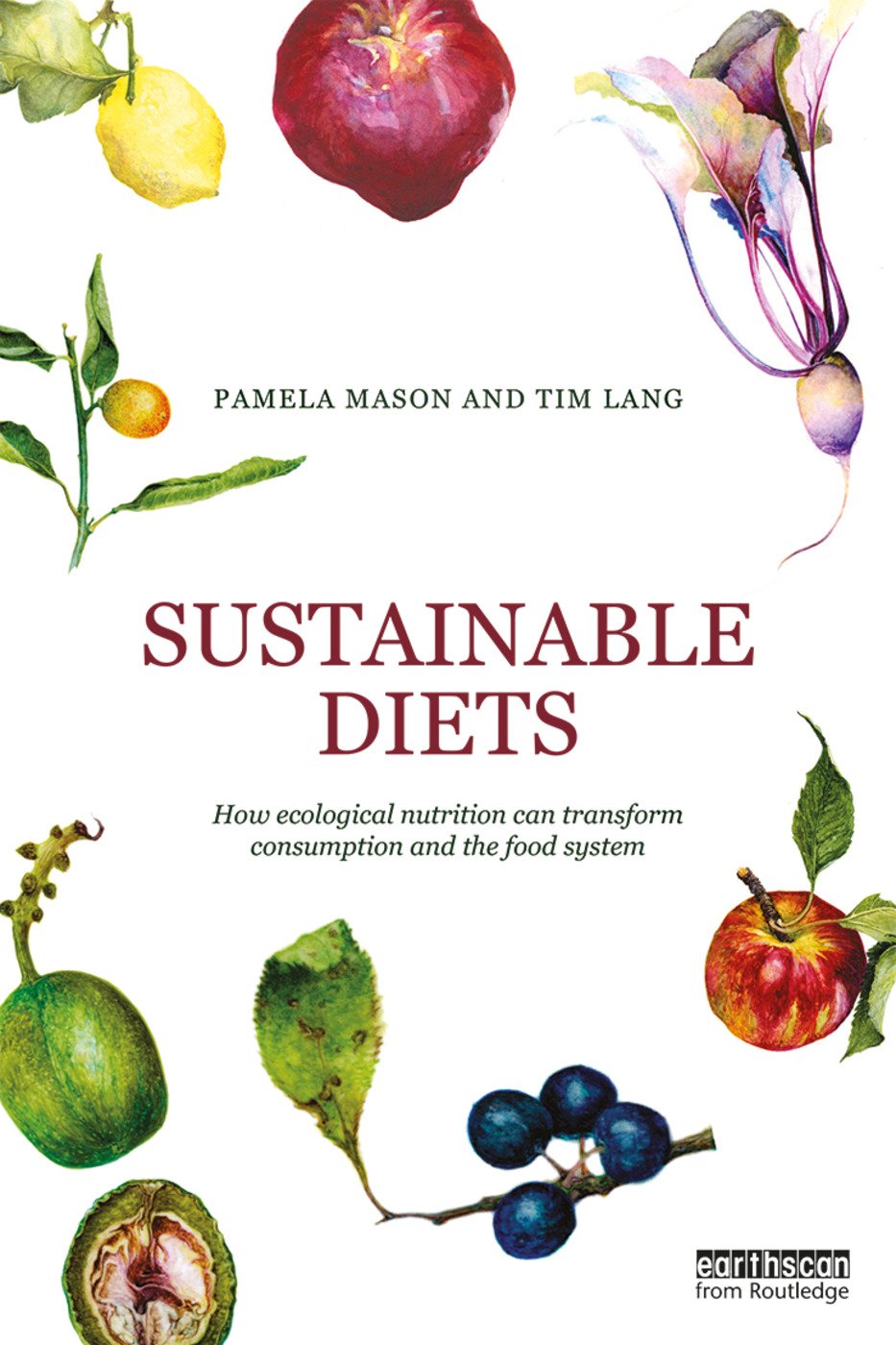Earth: a Tenant's Manual
Frank
H. T. Rhodes, President Emeritus of Cornell University, provides a
sweeping, accessible, and deeply informed guide to the home we all
share.
Rhodes begins by setting the scene for our active planet and explaining
how its location and composition determine how the Earth works and why
it teems with life. He emphasizes the changes that are of concern to us
today, from earthquakes to climate change and the clashes over the
energy resources needed for the Earth’s exploding population. He
concludes with an extended exploration of humanity’s prospects on a
complex, protean, and ultimately finite world. Only
new resources, new priorities, new policies and, most of all, new
knowledge, can reverse the damage that humanity is doing to our home—and
ourselves. A sustainable human future, Rhodes concludes in this
eloquent, sobering, but ultimately optimistic book, will require a sense
of responsible stewardship, for we are not owners of this planet; we
are tenants.



























